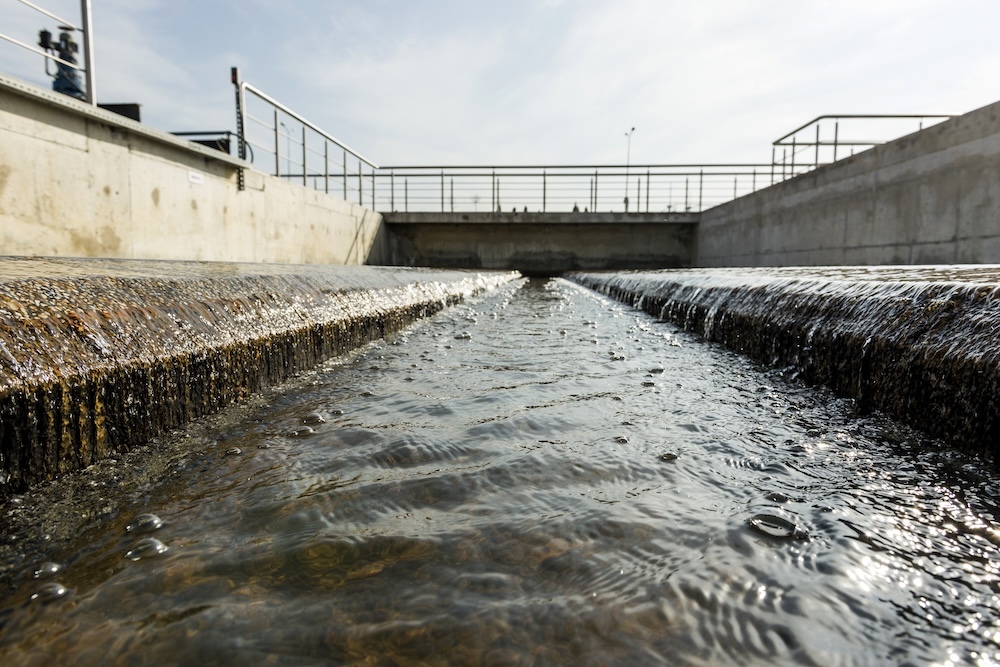What Is Wastewater?
Wastewater is used water that has been affected by human activities. It comes from households, businesses, industries, agriculture, and stormwater runoff. Wastewater contains a mixture of:
- Organic matter (like food waste and human waste)
- Chemicals (cleaning products, pharmaceuticals, pesticides)
- Heavy metals (from industrial runoff)
- Pathogens (bacteria, viruses, and parasites)
Once this contaminated water leaves homes, factories, or farms, it enters sewage systems, treatment plants, or directly into natural water bodies.
Sources of Wastewater
1. Domestic (Household) Wastewater
This includes water from sinks, showers, toilets, washing machines, and dishwashers. It often contains soap, grease, food particles, and pathogens.
2. Industrial Wastewater
Comes from manufacturing and chemical processes. It may contain toxic substances, including solvents, metals, and thermal pollution.
3. Agricultural Wastewater
Runoff from fields and livestock farms includes fertilizers, pesticides, antibiotics, and animal waste, which often enter streams and groundwater untreated.
4. Stormwater Runoff
Rainfall washing over cities and roads can carry oil, garbage, microplastics, and chemicals into nearby water bodies without filtration.
How Is Wastewater Treated?
1. Primary Treatment
- Removes large solids and floating materials through screening and sedimentation.
2. Secondary Treatment
- Uses aerobic bacteria to break down organic matter.
- Reduces the amount of biological oxygen demand (BOD).
3. Tertiary Treatment (Optional)
- Advanced filtering to remove nutrients, pharmaceuticals, heavy metals, or pathogens.
- May include UV disinfection or chemical treatment.
Environmental Impact of Improper Wastewater Management
1. Water Pollution
- Eutrophication: Nutrient-rich wastewater can trigger algal blooms, which deplete oxygen and kill aquatic life.
- Chemical contamination of rivers, lakes, and oceans harms ecosystems and makes water unsafe for human use.
2. Soil Degradation
- Improperly discharged wastewater can contaminate soil, affecting crop productivity and food safety.
3. Threats to Human Health
- Pathogens in untreated wastewater can spread diseases like cholera, dysentery, and hepatitis.
- Contaminated seafood and drinking water can carry dangerous bacteria or heavy metals.
4. Marine and Aquatic Life
- Wastewater discharge near coastal areas disrupts coral reefs, mangroves, and wetlands.
- It leads to loss of biodiversity and reproductive issues in fish and amphibians.
Sustainable Solutions
1. Wastewater Recycling and Reuse
- Treated wastewater can be safely reused for irrigation, industrial cooling, and even drinking water in some areas.
2. Green Infrastructure
- Constructed wetlands, green roofs, and permeable pavement can naturally filter wastewater and runoff.
3. Policy and Investment
- Governments must enforce wastewater regulations and invest in modern treatment systems, especially in underserved communities.
4. Household and Industrial Responsibility
- Use biodegradable and non-toxic cleaning products.
- Limit waste disposal down drains.
- Support companies with eco-conscious wastewater practices.
Common Questions
Can wastewater ever be drinkable?
Yes. With advanced treatment and strict testing, recycled wastewater can be purified for human consumption. This is being done in places like Singapore and parts of California.
What’s the difference between greywater and blackwater?
- Greywater: Relatively clean wastewater from sinks, laundry, and showers.
- Blackwater: Contains human waste from toilets and kitchen disposals, and requires more intensive treatment.
Does all wastewater get treated before being released?
Unfortunately, no. In many areas—especially in developing nations—untreated wastewater is still released directly into water bodies.
Final Thoughts
Wastewater is not just a byproduct of daily life—it’s a critical environmental challenge and opportunity. When managed poorly, it can be toxic and deadly. When treated and reused properly, it becomes a valuable resource.
As the world faces growing water scarcity and environmental degradation, responsible wastewater treatment and reuse will be essential for protecting both people and the planet.








